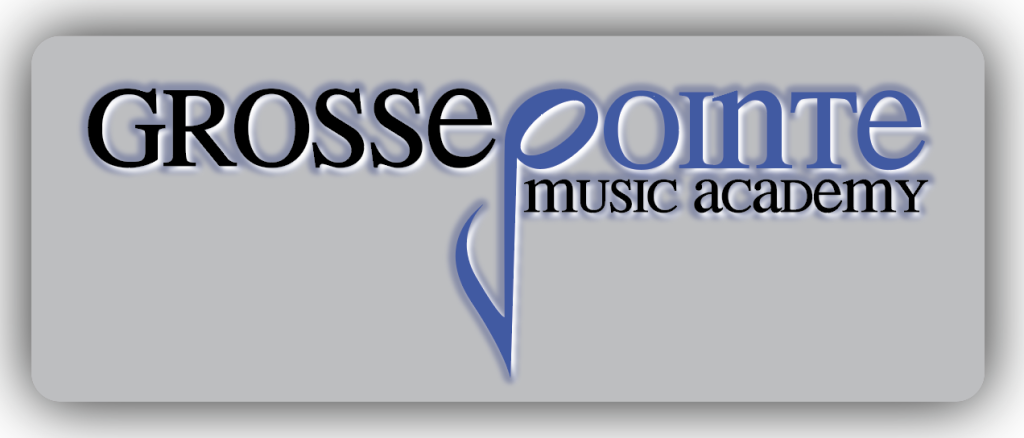A scale is a series of notes used as the foundation for melodies, harmonies, and chords. When musicians begin learning scales, there are several angles to approach the concept: recognizing notes on the staff, playing scales on an instrument, identifying them by ear, and spelling them out note by note.
Spelling a scale means naming the individual notes in order, like spelling a word. Just as people can speak a language without knowing how to read or write it, many musicians can play by ear or imitation without understanding the theoretical spelling of scales. However, just like with language, learning the written form offers a deeper and more flexible understanding. Musicians who take the time to learn how to spell scales often find that it enhances their ability to spell chords, recognize intervals, and identify tonal structures more quickly and accurately on their instrument.
For example, the C Major scale—one of the simplest to spell—contains no sharps or flats:
C, D, E, F, G, A, B, C
The G Major scale contains one sharp:
G, A, B, C, D, E, F♯, G
While some musicians may never find themselves needing to spell scales in their everyday performance work, this skill becomes essential for those interested in composition, arranging, or music analysis. Guitarists, pianists, and players of all instruments benefit from this knowledge, particularly when navigating more advanced concepts like triads, seventh chords, modes, and altered scales.
The piano keyboard is a great visual aid for learning scales and their components. With natural notes on the white keys and accidentals on the black keys, it clearly illustrates the intervallic relationships within and between scales. Even non-pianists can gain a lot by using the keyboard to visualize and reinforce theoretical concepts.
If you’re serious about developing as a musician—whether you’re composing, improvising, or simply aiming to build a stronger foundation—mastering scale spellings is a worthwhile investment. Ask your teacher for guidance, or look for a quality reference tool. One useful resource for guitarists is The Incredible Scale Finder from Hal Leonard Publishing, which offers an accessible way to explore scales across the fretboard.
—
Henry Bahrou
Guitarist, Music Theorist, Music Academy Director


Leave a Reply